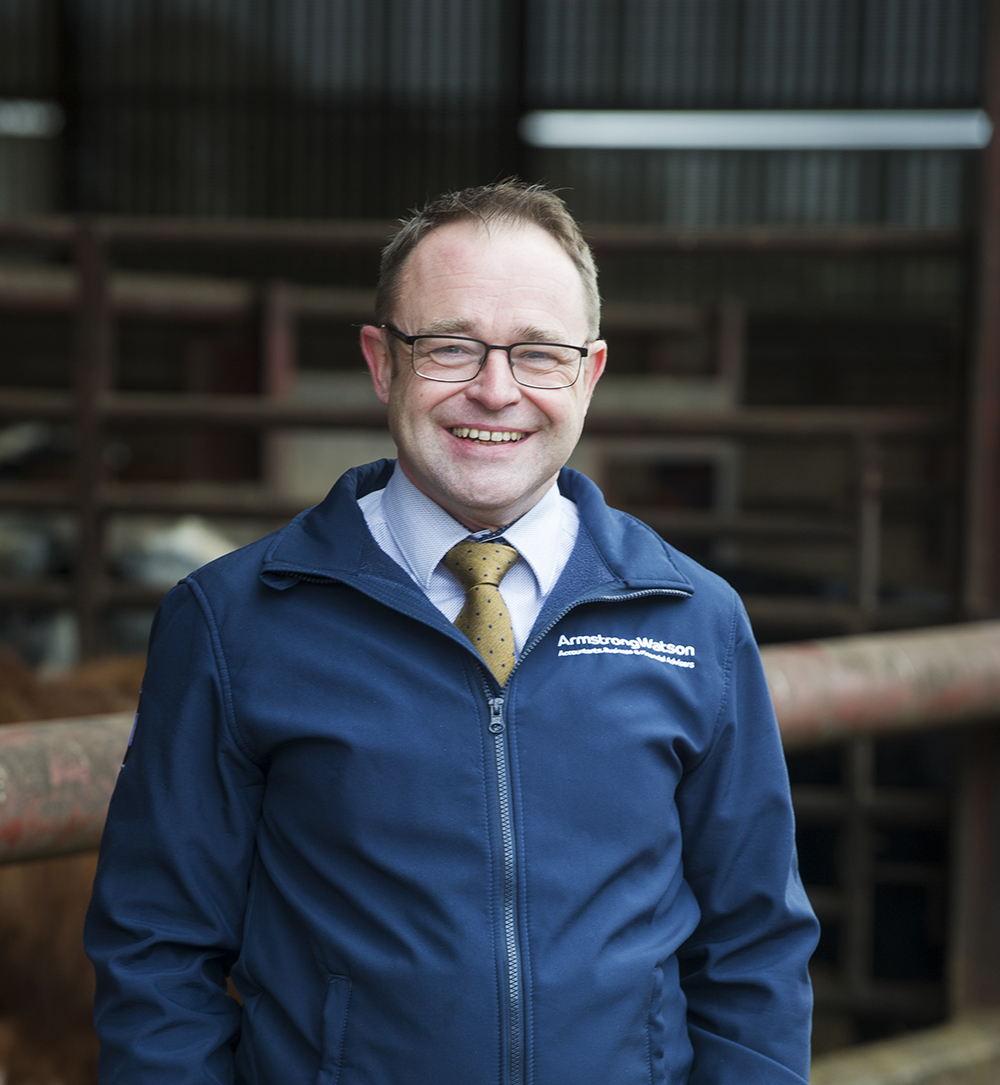Armstrong Watson urges farm businesses to consider options following tax changes

David Threlkeld
Armstrong Watson has urged farm businesses not to panic or make knee-jerk reactions following the Autumn Budget but to instead consider their options and take a measured approach.
Agricultural specialists at the accountancy, business and financial advisory firm said they want to provide farmers with reassurance following the seismic shock of Rachel Reeves’ announcements on 30 October.
Significant reforms to Agricultural Property Relief (APR) and Business Property Relief (BPR) for Inheritance Tax (IHT), an increase to Capital Gains Tax and changes to Business Asset Disposal Relief, along with the announcement that double cab pick-ups will be treated as company cars, will be widely felt among the farming community.
The biggest concern for many family farms will be the changes to agricultural and business property reliefs, set to be introduced from April 2026, which will mean farm assets over £1 million may become subject to IHT at an effective rate of 20%.
David Threlkeld, head of agriculture, believes the changes to the reliefs need to be relaxed, with the £1m threshold increased.
“The Autumn Budget has undoubtedly sent shockwaves through the farming community, leading to widespread anger, frustration, and concern,” he said.
“Despite the government’s assertion that 75% of family farms will remain unaffected, we believe this is not the case. It’s crucial to take the time to thoroughly evaluate the implications of these proposals. Making hasty decisions now could lead to unintended consequences in the future.”
Previously, a combination of APR and BPR, combined with Lifetime Allowances and Residential Nil Rate Bands, meant that for many family farms there was little or nothing in the way of Inheritance Tax to pay.
Mr Threlkeld said: “This budget has changed that, and if unwanted and unnecessary – and for some, significant – liabilities are to be avoided, having these conversations and planning early will be essential. Careful planning at an early stage may be able to alleviate the worst of it for many.
“It’s important to take the time to properly digest the announcements, take the appropriate advice, and consider the alternatives. For farm businesses, staying informed, reviewing their plans and focusing on long-term financial objectives will also be key.”
Armstrong Watson says early succession planning for will be essential, while other considerations such as business structure, life insurance and life transfers should be explored.







